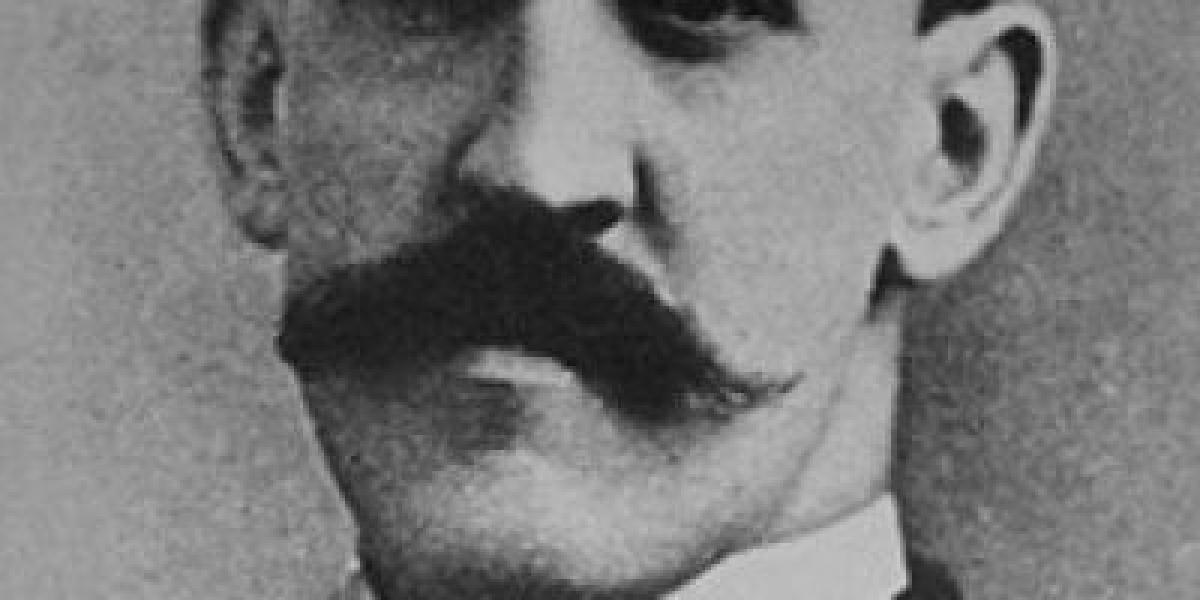Standing tall at 6-foot-2, Corbin wasn't just physically imposing; he commanded respect on and off the field. His nickname, "Pa," wasn't simply bestowed upon him – it reflected the leadership qualities he possessed. He believed a captain should be a strategist, a motivator who inspired with a firm but fair approach. "The captain should be the real leader," he said, appraising his position among his peers. "He should be able to say 'come on' instead of 'go on.' He should be a strategist, always checking the signals and often changing them. Quarterbacks may come and go, but the captain should always be largely responsible for the tactics and the success of the plays." This resonated with his teammates, propelling Yale to a dominant run.
Corbin's era was one of unbridled offense. Yale, under his leadership, perfected the flying wedge, a powerful but dangerous formation. Despite the inherent risks, Corbin led his team to an astounding 31-0-1 record during his three-year career. The pinnacle came in 1888, where Yale, under Corbin's captaincy, achieved the unthinkable: an undefeated season, outscoring their opponents by a staggering margin (698 points to 0) while showcasing a dominant defense.
Corbin's legacy extends beyond statistics. He was a pioneer who helped shape the sport. His leadership and strategic mind were instrumental in Yale's dominance, laying the groundwork for the evolution of football into the sport we know today. His dedication continued even after graduation, returning to coach and inspire future generations of Yale players.
Pa Corbin's story isn't just about individual achievements; it's about the birth of a footballing legend. He embodied the grit, determination, and strategic brilliance that defined the early days of the game. His leadership and passion for the sport cemented his place as a true pioneer, forever etched in the history of college football.





